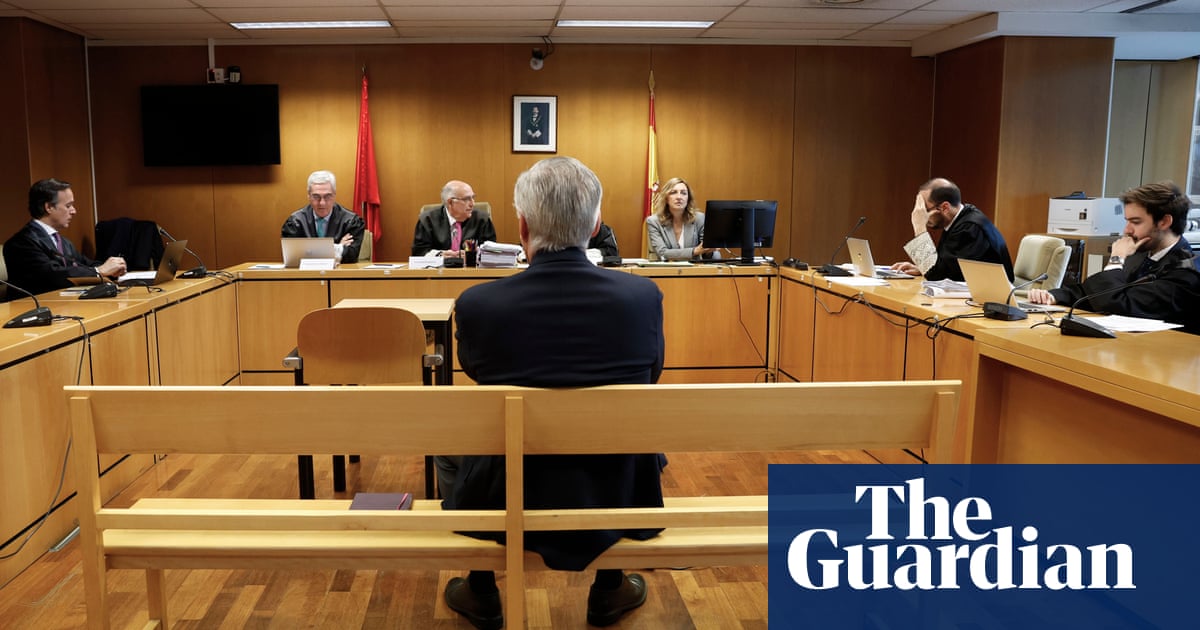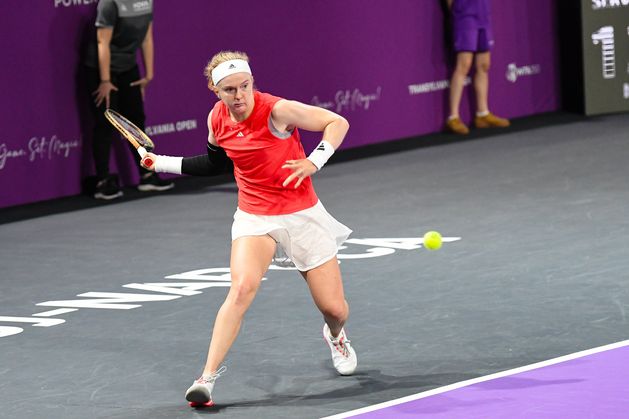A Rugby World Cup without beer... Gulf states aim to co-host in 2035 - great for the WR coffers, but what about fans?

Qatar, the United Arab Emirates and Saudi Arabia have flagged they will bid for the 2035 or 2039 Rugby World Cup, with Asia Rugby’s chief claiming it would be “the most successful event in the history of rugby”.Following on from the absolute party of a French-hosted World Cup in 2023, and with Australia set to turn on their welcome to the world in 2027, it’s a bold claim.The Gulf states’ bid has been backed by the president of Asia Rugby, Qais Al Dhalai, who told The Times newspaper the region wanted to host a second RWC tournament after 2019 in Japan.Facebook Twitter Whatsapp Reddit Email ShareNone of the three prospective hosts for a Middle Eastern World Cup – Qatar, the UAE and Saudi Arabia – have ever participated at the tournament and World Rugby does not automatically grant spots to hosts – unlike the FIFA World Cup.That would mean a change to their rules to allow those countries to feature – unless they qualify.The World Cup is expanding to 24 teams for the next two editions. The UAE are the highest ranked of the three Middle Eastern asiprants at 48th. Qatar are 87th and Saudi Arabia don’t even appear on the 113 nations ranked by World Rugby.“As our leaders in the Gulf believe, nothing is impossible,” Al Dhalai, said. “I foresee this as something that might happen in 2035.“I don’t want to underestimate other bids, and I believe South Africa and other European countries might be interested as well, but if World Rugby worked hard on this with a solid plan it might happen in 2035.“I’m in favour of a multi-city hosting model, not a single host. That’s proven to work in soccer. They have done it since 2002 when Japan and Korea hosted, and are doing it again in Mexico, USA and Canada in 2026, and then again with Spain, Morocco and Portugal in 2030. Why not rugby?“A multi-host could be a successful story and a new model for rugby. UAE, Qatar, Saudi Arabia. Why not? The stadiums are ready there. It will be the most successful event in the history of rugby.”Multi-nation hosting is not new at the Rugby World Cup. The very first tournament in 1987 was co-hosted by Australia and New Zealand, while the European tournaments in 1999 and 2007 were played in several countries.Australia will host the next men’s World Cup in 2027, then will take the women’s tournament in 2029, with the United States following with men’s and women’s competitions in 2031 and 2033. The bidding process for the 2035 World Cup will start in the next two years. Italy and Spain have expressed interest in hosting.A Middle Eastern World Cup would also have implications on when the tournament is played – in the same way that the FIFA World Cup moved from its usual mid-year window to be contested in Qatar in 2022.If they are successful, the Gulf states would push for their World Cup to start in December, with a final in January, as it is far too hot when the tournament is usually staged, in September and October.That would impact the wider calendar – including the upcoming Nations Cup, European club rugby and the Six Nations.There are other concerns as well. Qatar was dogged by human rights issues during their World Cup – and questions have been raised with FIFA heading back to the region for 2034 World Cup in Saudi Arabia.The 2028 Nations Cup finals – the cross-hemisphere Test competition starting next year – are set to be played in Doha.The Rugby World Cup is as much a celebration for fans as a sporting tournament – running almost seven weeks long.Saudi Arabia has already made it clear that drinking won’t be allowed in 2034 when they host the football tournament.“Rather like our weather, it’s a dry country. At the moment, we don’t allow alcohol, but plenty of fun can be had without it. It’s not 100% necessary,” the Saudi ambassador to the UK, Prince Khalid bin Bandar bin Sultan Al Saud, told British media last month.“If you want to drink after you leave, you’re welcome to, but at the moment, we don’t have alcohol,” he added.FIFA and Qatar pulled a swifty on fans in 2022 – saying they would allow alochol at venues – only to renege two days before kick off.The Times said a Middle Eastern World Cup could unlock vast sums, the likes of which rugby has never seen, if it is backed by sovereign wealth funds and big corporations in the Gulf.“Our joker card is always the men’s XVs World Cup,” said Al Dhalai, who is from the UAE and is Asia Rugby’s council representative at World Rugby.“This is where we generate 90 to 95 per cent of revenue for the sport. The economies of the Middle East are very strong. Look at golf, tennis, MMA fights coming to the Gulf, soccer teams like Liverpool, Arsenal and Manchester United and City go there in January.“The big corporates and big money comes from the Gulf countries. In 2022 Qatar Airways started to sponsor the United Rugby Championship. Who would imagine they would put money into rugby? It’s happening.“Emirates Airlines are the global partner of World Rugby and the referees, and sponsor the Dubai sevens. Cathay Pacific sponsors the Hong Kong sevens. The moral is, there is big money in the Gulf area — whether sovereign funds or corporates.“Asia Rugby has two votes of the 52 in World Rugby’s council. Our two votes will definitely go to the Asian bid.”Asia Rugby CEO Benjamin van Rooyen, a South African, told The Times he understood some fans wouldn’t want to travel to the Middle East.“There are more All Blacks shirts in Malaysia and Sri Lanka than in New Zealand,” Van Rooyen told The Times.“You would fill the stadium multiple times, that’s a fact.For the best time in sport and racing, TAB has the best app in sport and racing. Download the TAB app. TAB, We’re On. What are you really gambling with? Set a deposit limit.“The appetite will be there. We’re underestimating the loyalty to the game from Asian rugby fans. It doesn’t have to be in the Gulf; you’d fill stadiums in Malaysia, Korea, Japan.“Imagine if you had it in a place like the UAE, which has three good stadiums. Qatar and Saudi are investing heavily into sports development too. Stadiums are one or two hours’ flight away from each other, and four to six hours from lots of different countries, so that’s not too bad. It’s like spending three hours on a train in France.“Qatar’s football World Cup showed it was the most successful at being a family-friendly event. There were no cases of hooliganism, so I think if it can be packaged as being family and community focused, it could bring another dimension.“In the end, it will be a television product. The Qatar Airways Cup was a brand-new product; they got 80,000 at Twickenham, but it’s about the TV viewers you get too. It can work.”














